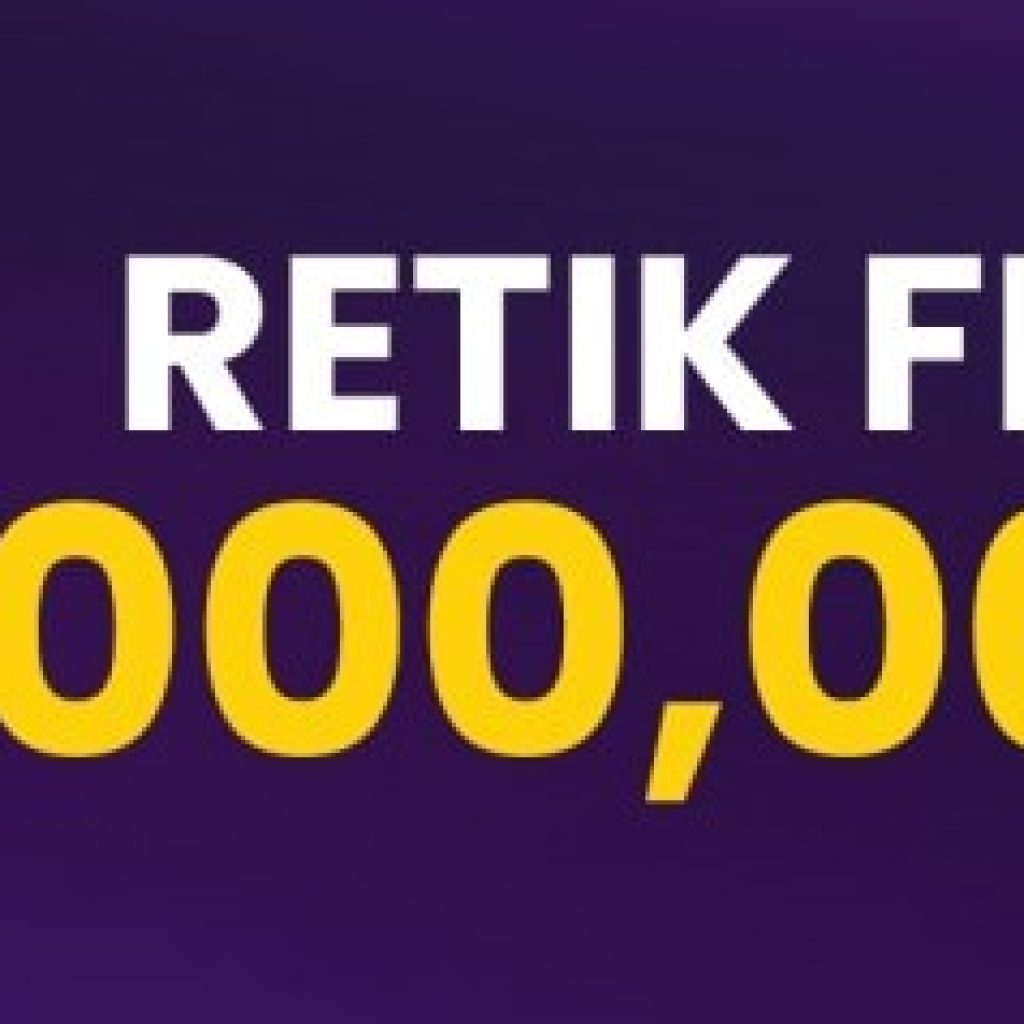In a digital era saturated with AI-powered applications, EPIK, a South Korea-based photo-editing app, has seized the spotlight by claiming the coveted No. 1 position on the U.S. App Store. The app, developed by Snow Corporation, a subsidiary of Naver, has soared in popularity with its unique “Yearbook” feature, allowing users to transform their selfies into nostalgic 90s-inspired yearbook photos. As influencers and users worldwide flood social media platforms with their AI-generated snapshots, EPIK has become a cultural phenomenon, despite facing challenges in meeting the surging demand.
AI app EPIK rises from South Korea to No. 1 on the U.S. App store
EPIK, launched in August 2021, initially flew under the radar until its recent surge in popularity. According to market intelligence firm Apptopia, the app has accumulated an impressive 92.3 million lifetime installs, with 4.7 million downloads in the U.S. alone. The data suggests that EPIK experienced a notable spike in downloads on September 19, followed by another surge ten days later. The current dominance of the U.S. App Store reflects the app’s meteoric rise, while it holds the 37th position on Google Play.
While EPIK’s largest market is currently in India by downloads, the U.S. ranks sixth in the app’s user base. Data.ai reports slightly lower lifetime downloads at 82 million but highlights the substantial consumer spending on iOS, nearing $7 million. This marks the first time EPIK has secured a spot in the Top Overall apps in the U.S., a noteworthy achievement according to data.ai.
In the realm of social media, Instagram’s #epik hashtag reveals a multitude of influential figures, spanning beauty influencers like Samantha Batallanos to Twitch streamer Pokimane, joining the trend. As EPIK’s popularity skyrockets, it’s evident that the app has transcended cultural and geographical boundaries, capturing the attention of users worldwide.
Influencers worldwide join the yearbook photo trend
To engage in EPIK’s Yearbook feature, users must upload eight to twelve selfie images, serving as the foundation for the AI-generated photos. The app issues a cautionary note, stating that not all AI results may be satisfactory, and users proceeding acknowledge agreement with the outcome. The app encourages users to submit clear photos with diverse expressions, angles, and backgrounds.
Despite its free download status, EPIK requires payment for the AI-generated output. Users can also opt for quicker delivery, with standard delivery at $3.99 taking up to 24 hours, while express delivery at $5.99 guarantees photos in less than two hours. But, the app’s newfound popularity has led to overwhelmed servers, resulting in delays and even temporary unavailability of the Yearbook feature. The app’s official message attributes these setbacks to a rapid increase in user activity.
EPIK follows a lineage of AI photo apps, such as Lensa and Remini, that gained viral attention for their distinctive features. But, the challenge lies in sustaining user interest beyond the initial surge. A report from Apptopia earlier this year indicated a decline in consumer interest for the first wave of AI photo editors. EPIK, while basking in its current acclaim, faces the looming question of whether it can defy this trend or succumb to the fleeting nature of AI app trends.
In the ever-evolving landscape of digital trends, EPIK has momentarily claimed the throne as the No. 1 AI app on the U.S. App Store. Yet, as users eagerly await the next big trend, the app must navigate the delicate balance between maintaining its current allure and avoiding the fate of its predecessors in the dynamic world of AI applications.





